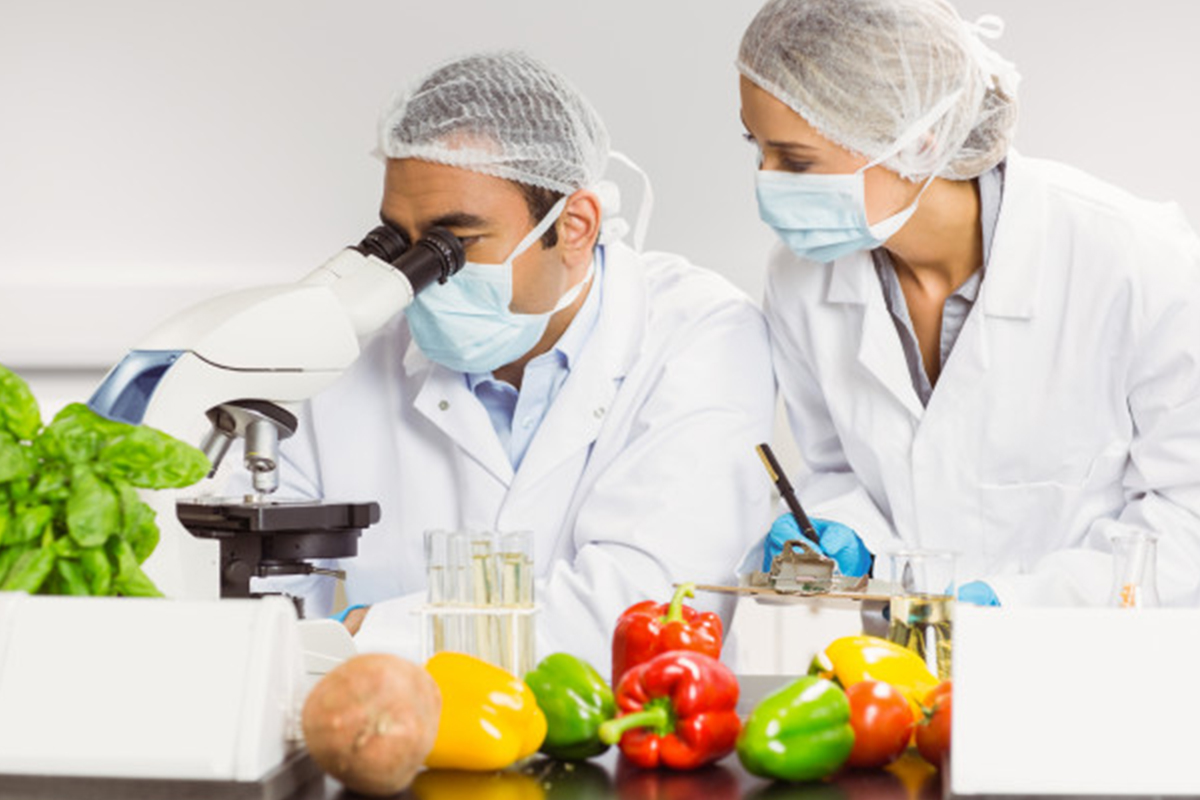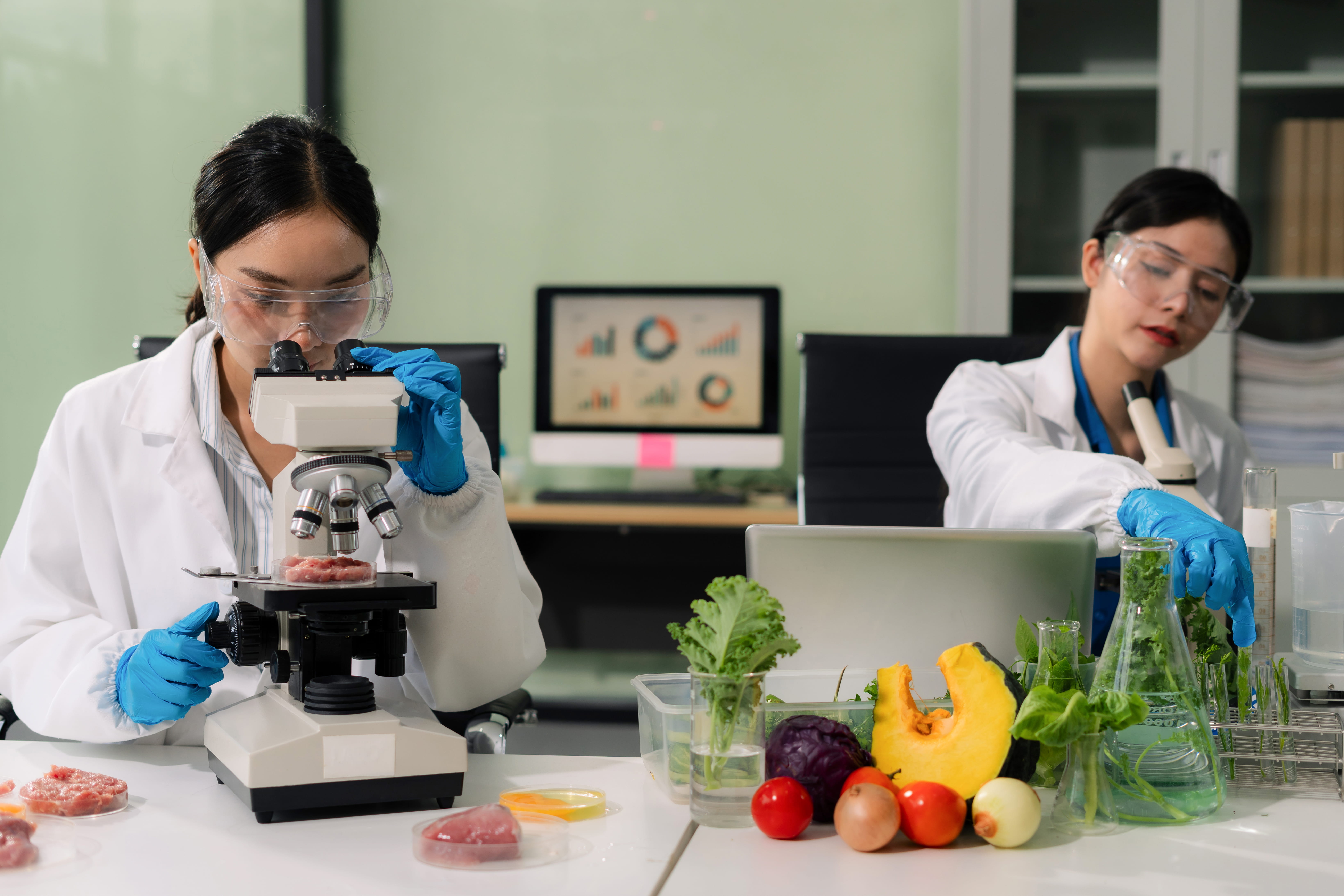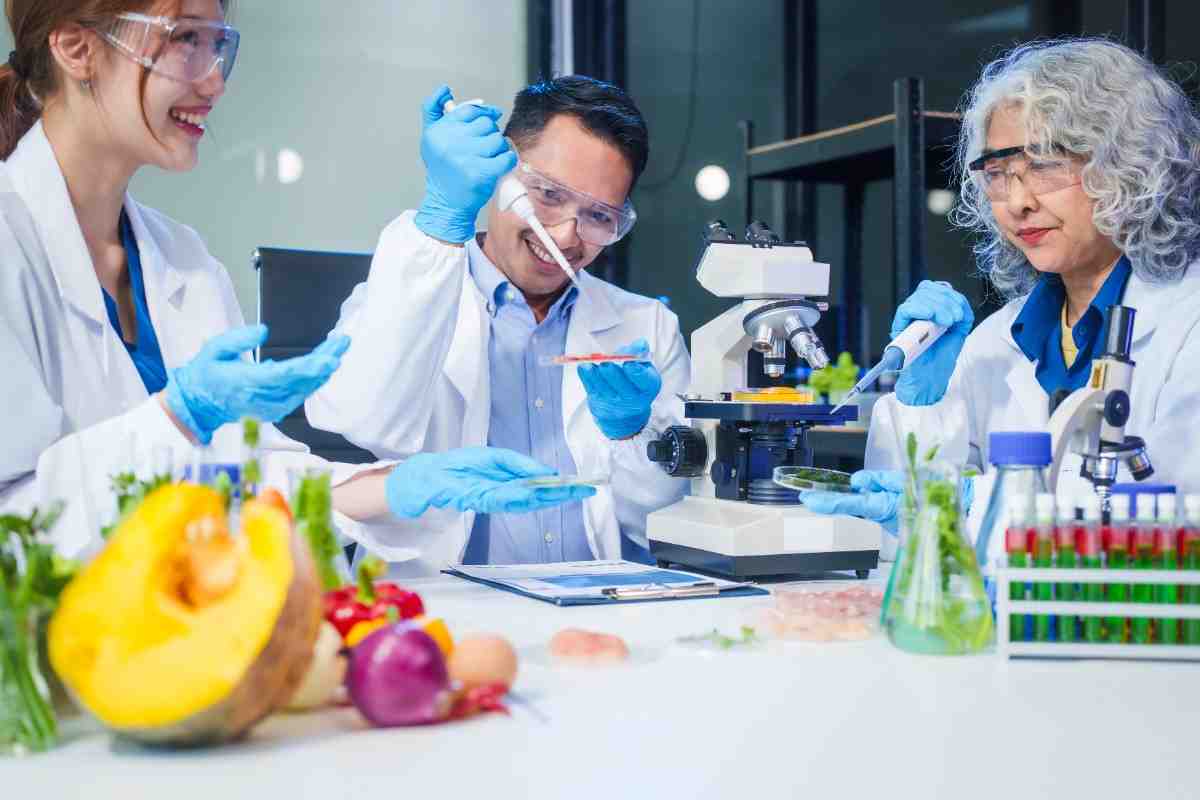Last Updated on April 11, 2025 by Admin
The journey of food is an intricate process, each step critically ensuring that what we consume nourishes us without posing a threat. At the heart of this is the assurance of safety, the ‘Food Safety Management System’ (FSMS). International standards like the ISO for food products set the tempo, ensuring synchronization and harmony. Dive with us into the world of food safety and discover the importance of these systems and standards.
Understanding Food Safety Management System (FSMS)
An FSMS ensure food does not cause adverse health effects. It includes structures, roles, plans, resources, and procedures. Its importance cannot be overstated. We are, after all, what we eat. But what are we aiming for when we talk about an effective FSMS?
What is the purpose of a food safety management system?
The food safety management system has multi-fold purposes:
- Consumer Health and Safety: The primary goal is to ensure our food is safe and contains contaminants that can cause illnesses.
- Regulatory Compliance: Governments worldwide mandate food safety regulations and FSMS helps food businesses comply with these regulations, ensuring they aren’t liable for legal repercussions.
- Economic Impact: An outbreak of food-borne illnesses can severely impact a brand’s reputation and bottom line. Preventing such attacks protects both the consumer and the business.
- Global Trade Facilitation: A robust FSMS paves the way for international trade, as many countries require a verified system to be in place before importing food products.
- Waste Reduction: Businesses can significantly reduce waste caused by contaminated or unsafe batches by ensuring consistent quality and safety.
Food Safety Management System: Beyond the Basics
Integration with Technology: The evolution of FSMS is in sync with the rise of technology. Today, advanced analytics, IoT devices, and AI-powered insights help predict potential hazards and offer real-time solutions, making the food safety management system more efficient and responsive.
Stakeholder Collaboration: An effective FSMS requires the collaboration of all stakeholders involved, from farmers and suppliers to retailers. Their united efforts ensure that every link in the food supply chain is fortified against potential risks.
Emerging Threats and Challenges: As global food production and trade expand, new threats, from climate change impacts to the introduction of novel pathogens, constantly challenge the robustness of FSMS. Adapting and updating the systems in real time is paramount.
ISO for food products: The gold standard
When we discuss setting standards in any industry, the International Organization for Standardization (ISO) inevitably emerges as the torchbearer. So, what role does ISO play in our dining tables?
ISO for food products, mainly ISO 22000, establishes food safety management system requirements. It integrates the key elements to ensure food safety along the food chain up to final consumption.
Beyond ISO 22000, there are various other ISO standards related to food. For instance, ISO/TS 22002-1 focuses on establishing, implementing and maintaining prerequisites (PRP) to control food safety hazards, while ISO/TS 22002-4 centres on food packaging manufacturing. Each standard under ISO for food products caters to specific niches within the more significant food industry.
The benefits of obtaining ISO certification for food products include:
- International Recognition: ISO standards are globally recognized. Thus, certification instils trust in international markets and consumers alike.
- Consistency: ISO standards ensure that safety measures are consistent regardless of the size or location of the food producer.
- Continuous Improvement: ISO emphasizes adherence and continual improvement of processes, ensuring that the system evolves as new challenges and threats emerge.
FSMS and ISO: A Recipe for Success
While a Food Safety Management System provides the framework for an organization to deliver safe food products consistently, ISO ensures this framework aligns with globally accepted best practices. When these two come together:
- Transparency Increases: Stakeholders across the food supply chain, from farmers to retailers become aware of the complied safety protocols.
- Collaborative Growth: As businesses in the food supply chain aim for ISO certification, it fosters a culture of collective growth and commitment to safety.
- Consumer Trust Multiplies: Knowledge that a product is not only backed by an FSMS but also adheres to ISO standards can be a significant factor in purchasing decisions for informed consumers.
Read Also – Elevating Food Safety Standards with ISO 22000 Certification
A Safe Bite
Imagine a world where every bite we take, whether from a lavish dish at a high-end restaurant or a humble snack from a street vendor, is guaranteed to be safe. Understanding and appreciating the efforts behind these systems and standards empowers us as consumers. It ensures we demand the best regarding flavour, presentation, and, most importantly, safety. After all, a world where food nourishes without causing harm is a world, we all want to savour.













